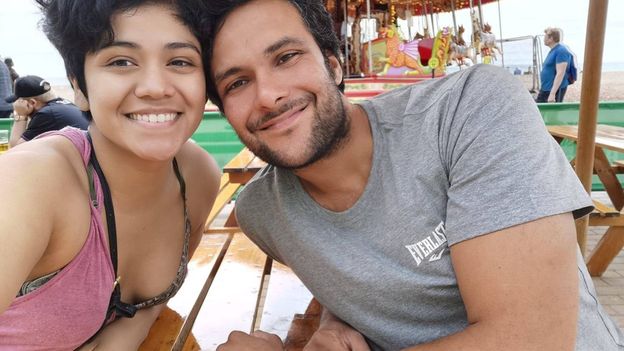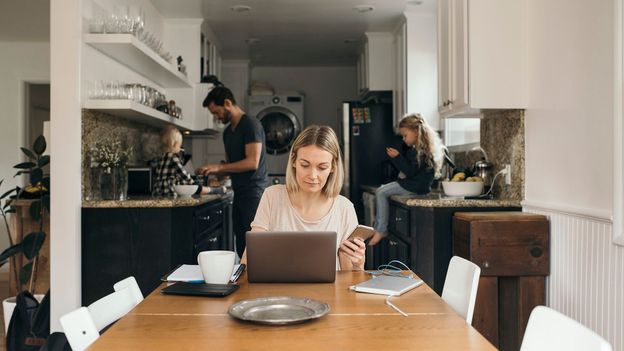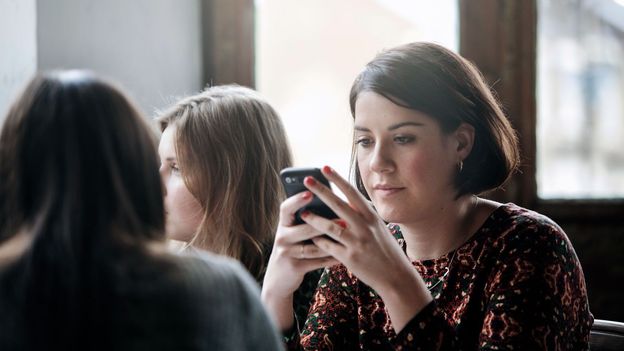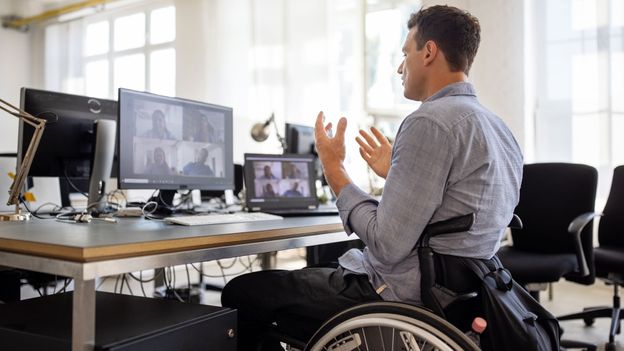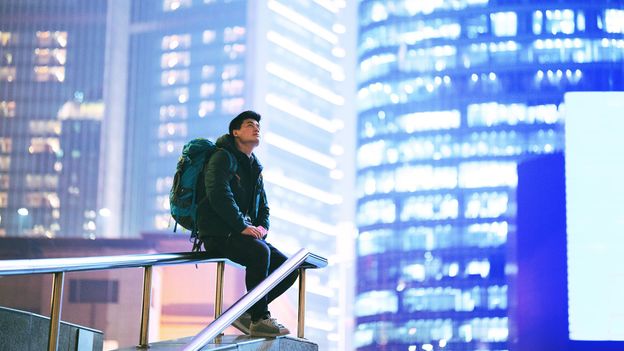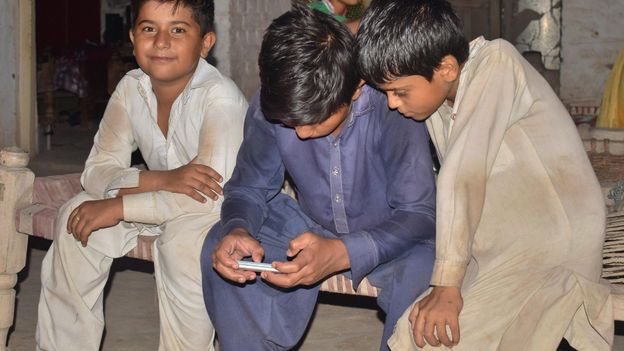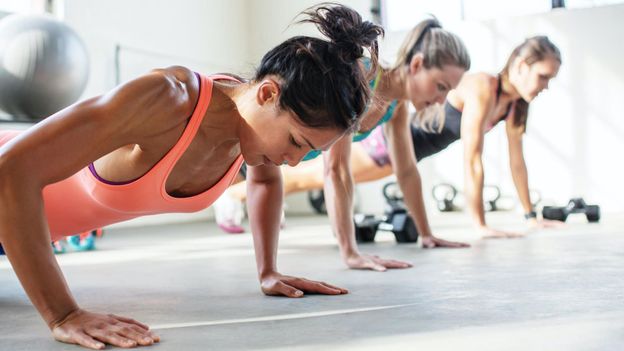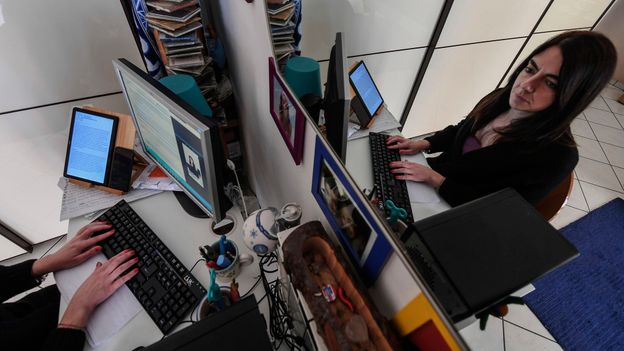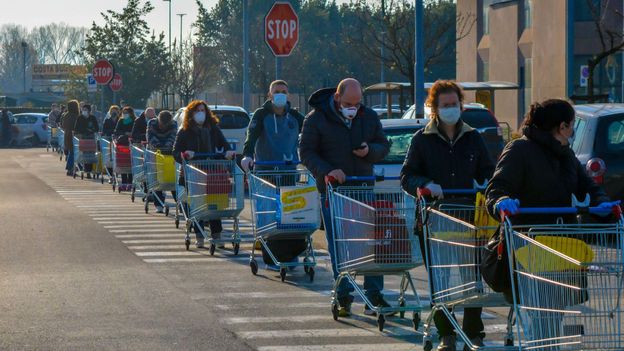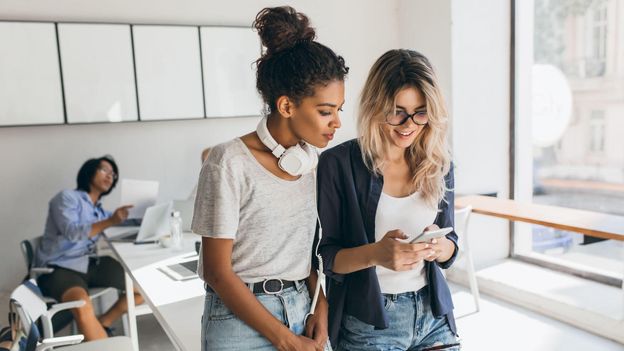That was the case for Nyana Ficot, a 30-year-old financial advisor who describes herself as “normally quite shy” and went on her first video date after getting more comfortable using video tools during the lockdown in Luxembourg. “We talked for more than three hours, I had to charge my phone! It really felt like a good, proper date… the only thing missing was that you are far away and you can’t touch the person.” She was disappointed her match wasn’t ready for something serious once they finally met up, but still describes it as “a great experience, to see that I can get to know someone… online, talking through video calls”.
Lockdowns also facilitated an uptick in video dating simply because they left many singles with time on their hands. In the absence of pre-Covid hobbies and travel, and with young people more likely to be furloughed or made unemployed by the crisis, Whitlock says some turned to apps simply “because they were bored”. Others found their stripped-back lives made them feel more lonely or aware of their relationship status. “They were thinking ‘I’m stuck at home, maybe it’ll be better if there’s someone else here with me. So maybe it’s time to try and settle down’.”
Meanwhile, there was also a slow global realisation that social distancing was here to stay. “The public began to see that it was actually a very serious situation. Therefore, they needed to make a decision: take a complete break for an unknown period of time or embrace the new world of virtual dating. It appears as though the majority of daters chose the latter,” says Whitlock.
Dr Helen Fisher, who works as an advisor to Match Group, which owns dating platforms including Tinder and Plenty of Fish, says it’s also relevant that lockdowns around the world followed a period in which many millennials were already experiencing swiping fatigue. Dating app growth slowed globally in 2019, and Fisher’s own research before the pandemic suggested a growing appetite for closer emotional connections developed over a longer period, instead of casual hook-ups.
“In ‘the old days’ prior to the pandemic, you met on the internet and then you went out on the first date and that first date was really very tense. ‘Should I kiss them? Do we hold hands? Do I invite them over to my apartment?’,” she says. Lockdowns, she believes, have helped to encourage dates to get to know one another better “before the kissing starts”, a trend she predicts will continue even as social-distancing restrictions ease.
A chance to date across continents
Jai Andrews, 28, a mentor and coach from London, and Karen Mendoza, 25, who lives in Texas, are one couple who experienced this kind of slow-dating experience during the pandemic. They started out as Facebook connections and began chatting on Messenger in January. But their relationship accelerated due to video calls during their respective lockdowns and they decided to formally become a couple in March, before ever meeting in real life.

